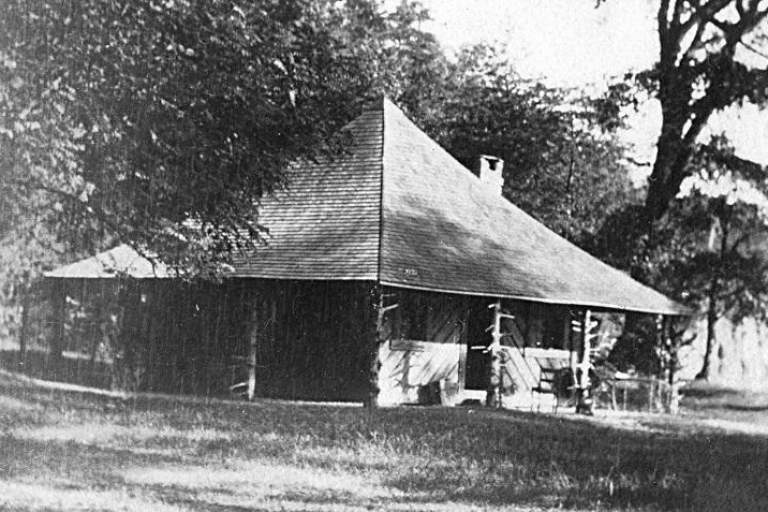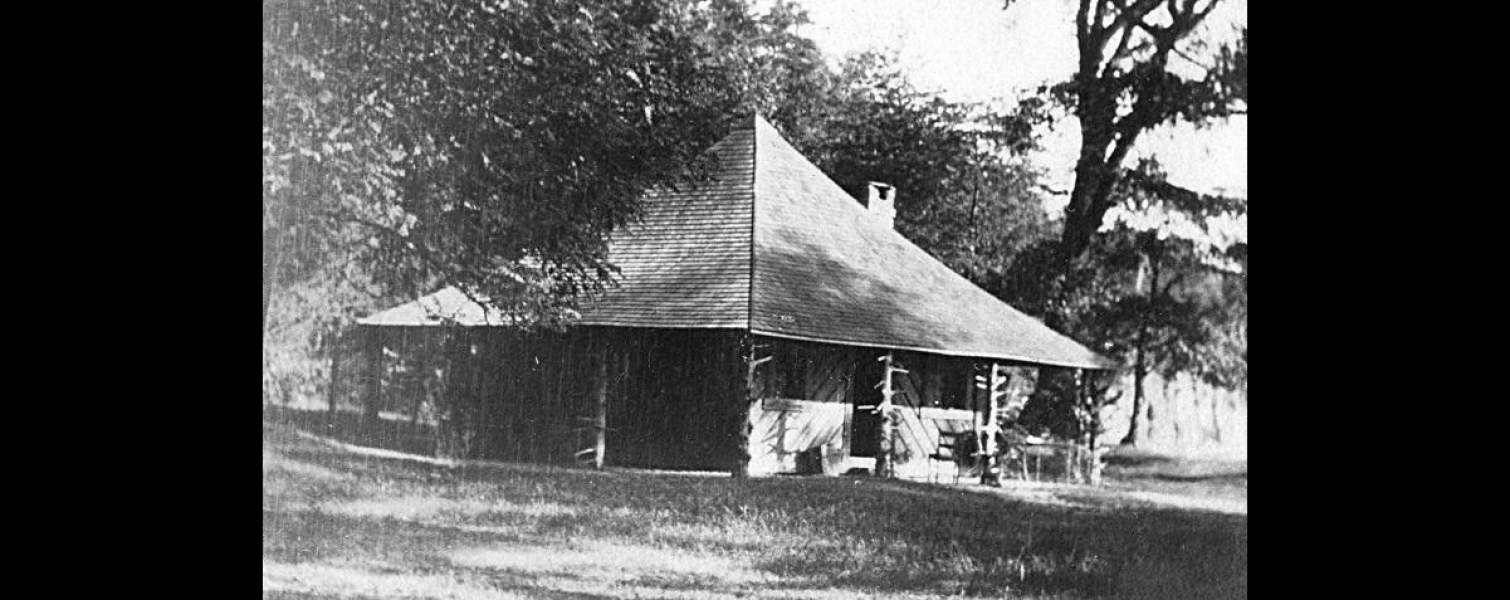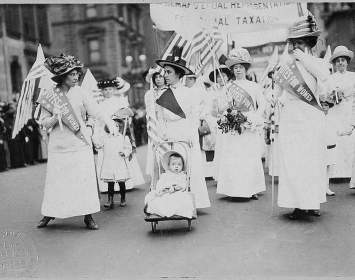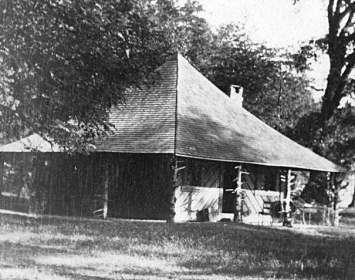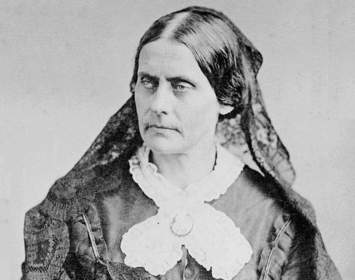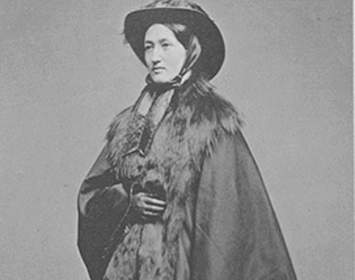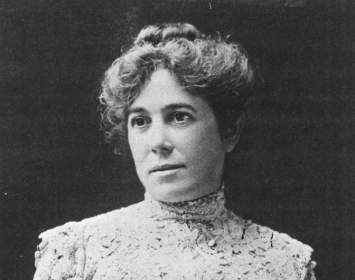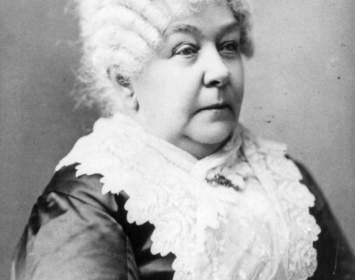In 1875, suffragist Elizabeth Smith Miller, her daughter Anne Fitzhugh Miller, and five other friends founded Fossenvue, a lakeside summer campground founded at Fassett Point (now Caywood Point) on Seneca Lake’s eastern shore, directly across the lake from Lochland, the Miller estate at Geneva. The camp name is an anagram for “seven of us.”
Life at Fossenvue was marked by relaxation, games, meals of local foodstuffs, and cultured discussion. Miller once described the purpose of the camp as "square meals and philosophy too." For one month each summer from 1875 until 1901, the rich social and intellectual life of Lochland would migrate to Fossenvue in summer garb. Intellectuals and reformers would linger there, enjoying recreational activities, fresh local food, and cultured discussion. Prominent visitors included Elizabeth Cady Stanton, Susan B. Anthony, Ethical Culture Society founder Felix Adler, suffragist Alice Stone Blackwell (daughter of feminist pioneer Lucy Stone), ornithologist Louis Agassiz Fuertes, and a great many others. Between 1875 and 1900 alone, the Fossenvue guest records document 534 visitors.
In August 1897, Fossenvue welcomed Harriet May Mills, who then chaired the organization committee of the New York State Woman Suffrage Association (NYSWSA). Mills urged Miller and her daughter to host a statewide NYSWSA convention that November in Geneva. The Millers agreed; the convention was held in Geneva’s Smith Opera House, Collins Hall, and the Hotel Nester.
In 1899, the largest permanent structure at Fossenvue was erected. The Queen’s Castle was a seventy-seventh birthday present to Elizabeth Smith Miller, dubbed the Queen of Fossenvue. The Castle would form the center of camp life for just two more years. Fossenvue was closed in 1901.
